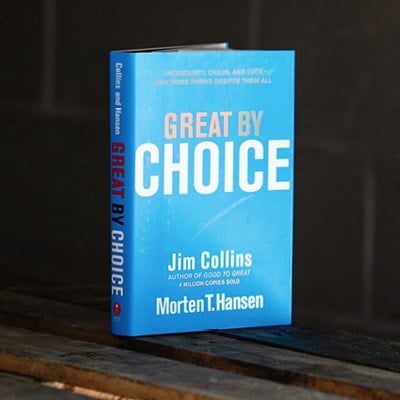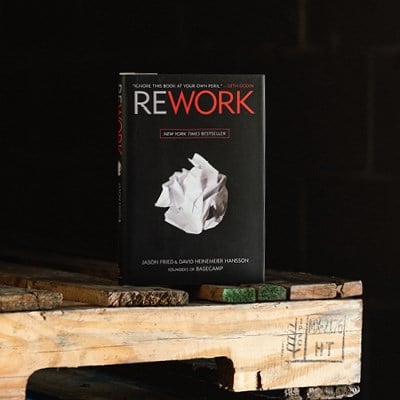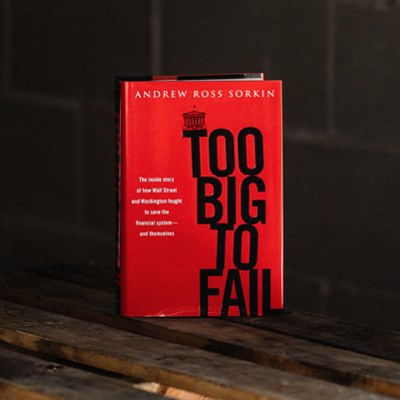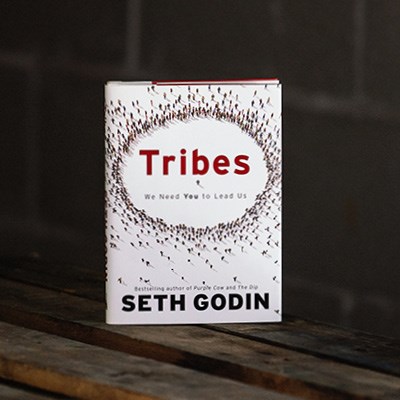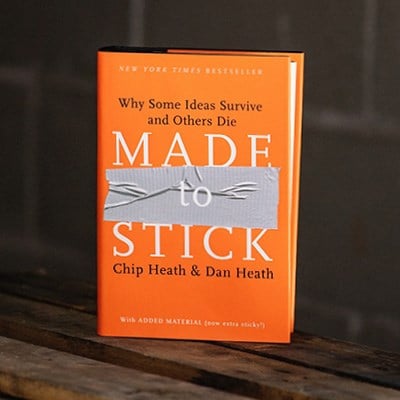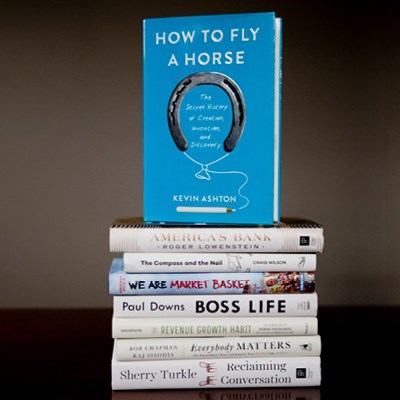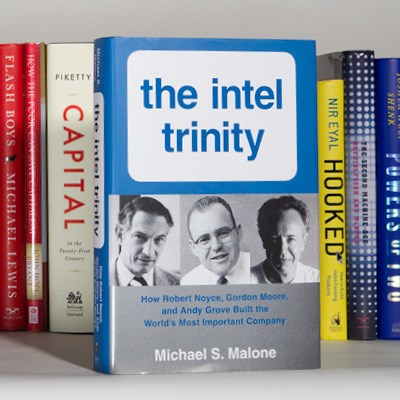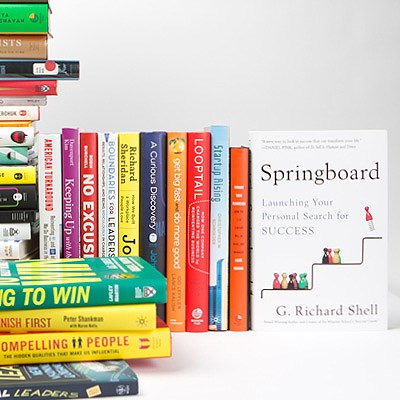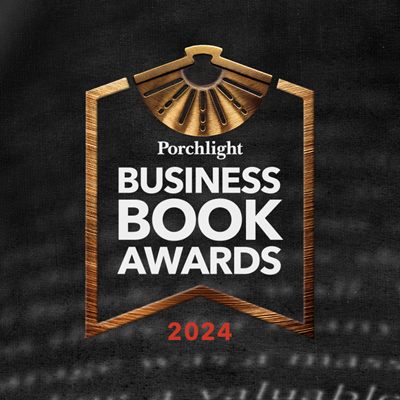The 2012 Business Book Awards
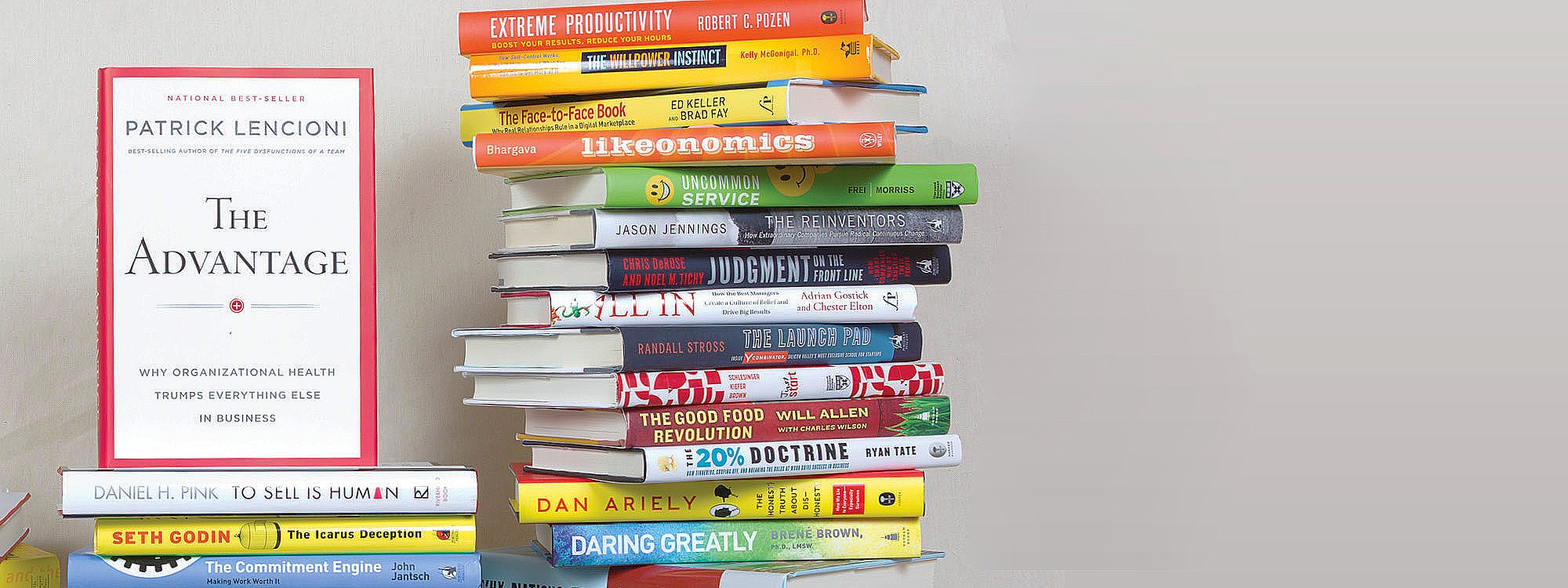
Business Book of the Year
The Advantage: Why Organizational Health Trumps Everything Else in Business
The Advantage is a smart, quiet book. The message isn't about making millions of dollars, turning the ship around, inspiring innovative excellence, breaking all the rules. Instead, the message is about prevention, laying a solid groundwork of internal health to avoid the extremes mentioned above. To venture into a different metaphor, The Advantage is about eating your veggies, sharing a dessert rather than eating the entire slice, and taking a walk around the neighborhood each morning rather than auditioning for The Biggest Loser to make a drastic and last-ditch change.
Despite its sensible qualities, or rather because of them, we are passionate about the importance of this book. Patrick Lencioni, one of the biggest names in business books, is the right person to show you how to attain organizational health—nay, organizational excellence—and prevent the dysfunctions that come from such internal parasites as politics, unresolved conflict, and confusion.
Like anything that's valuable, organizational health takes some work. The payoff? Transformation.
With The Advantage, Lencioni leaves his preference for fable writing (e.g. The Five Dysfuntions of a Team, The Five Temptations of a CEO, and Getting Naked) behind. There are no fictional characters and narratives this time around, and while we'll miss Lencioni's talent for telling engaging tales, The Advantage still sings with the tenor of Lencioni's accessible and generous voice. The book is well-stocked with straightforward advice about getting things right in your organization before they become wrong. Because if, or rather when, things do go wrong, as they are apt to in the life of a company, the organization's health will be strong enough to withstand and endure the assault. Therein lies The Advantage.
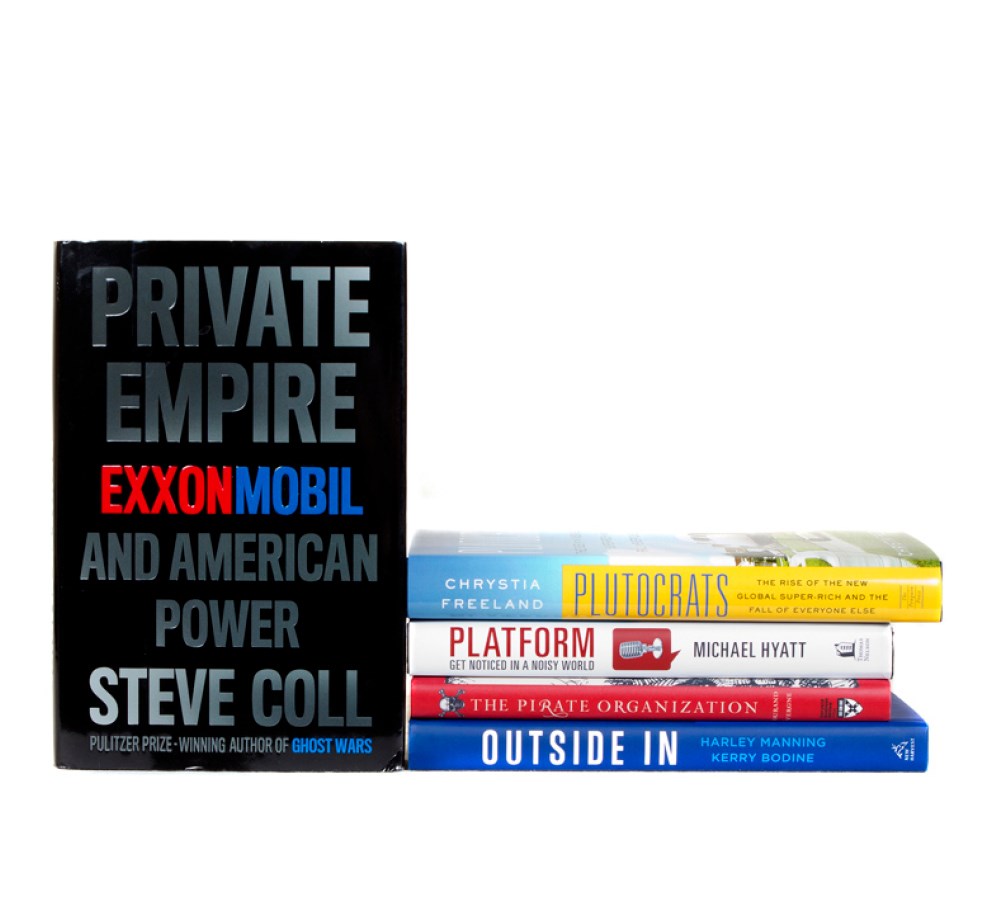
Category Winner
General Business
Private Empire: Exxon Mobil and American Power by Steve Coll | The Penguin Press
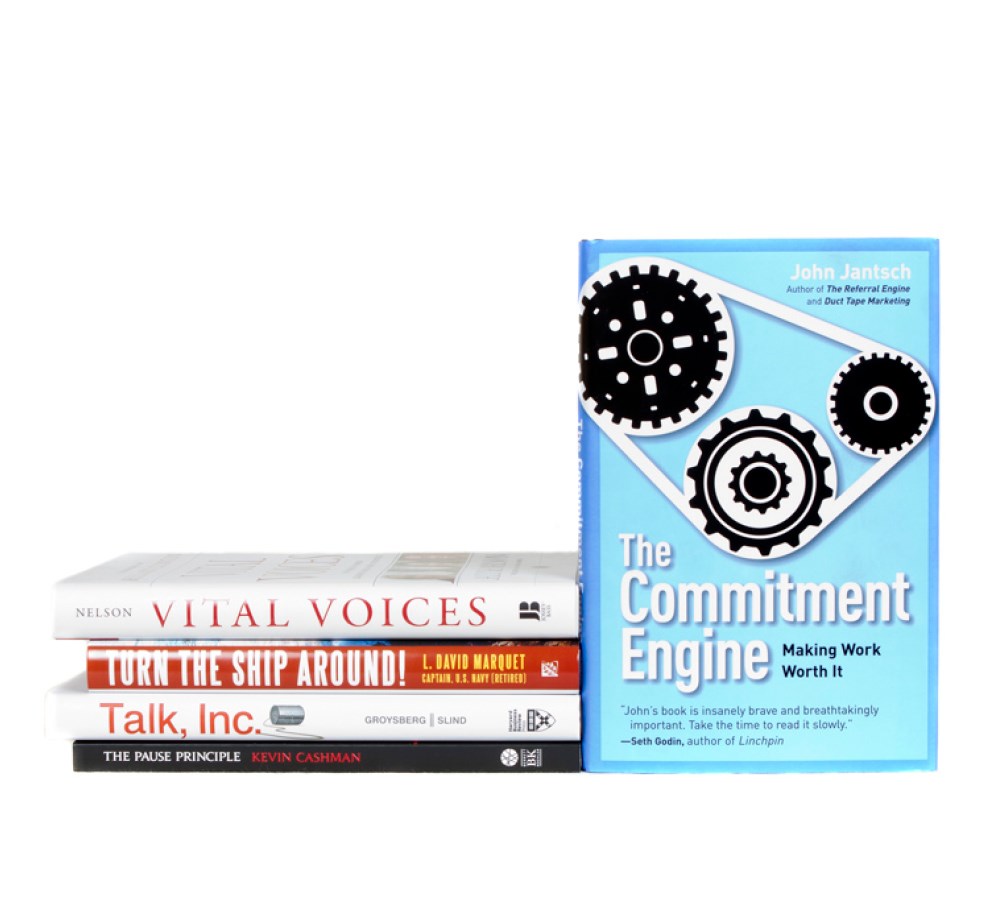
Category Winner
Leadership
The Commitment Engine: Making Work Worth It by John Jantsch | Portfolio
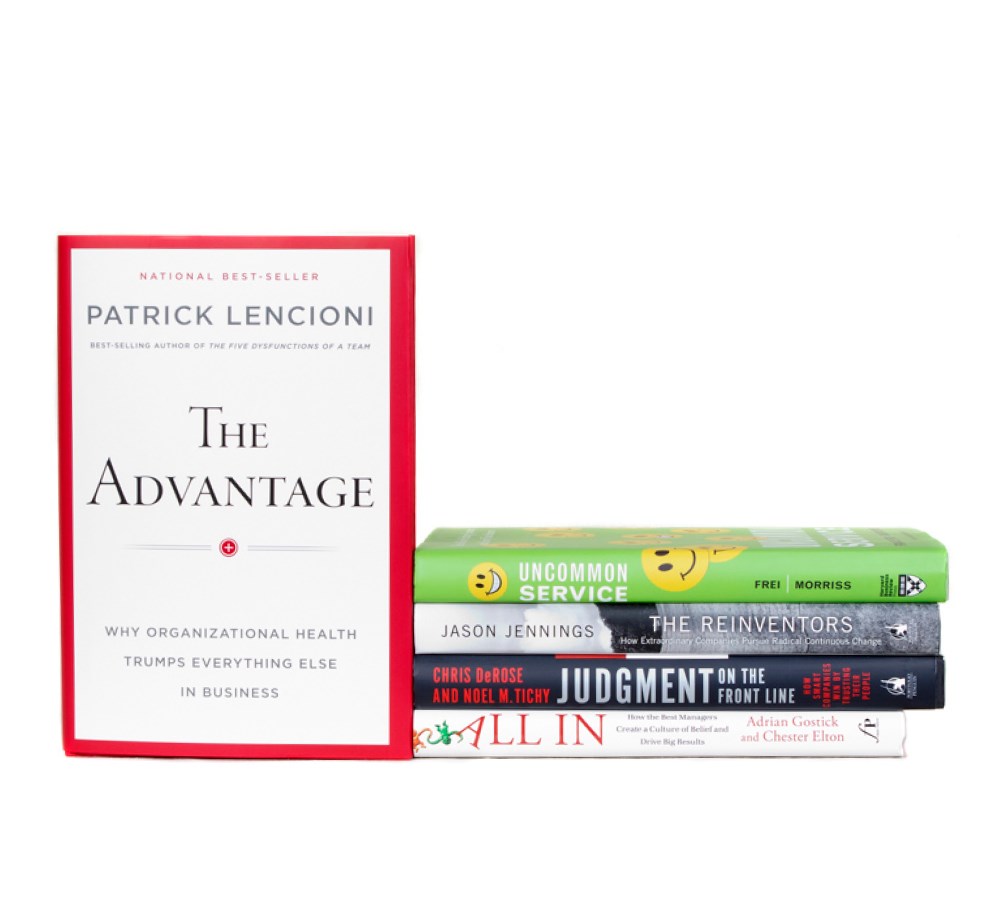
Category Winner
Management
The Advantage: Why Organizational Health Trumps Everything Else in Business by Patrick Lencioni | Jossey-Bass
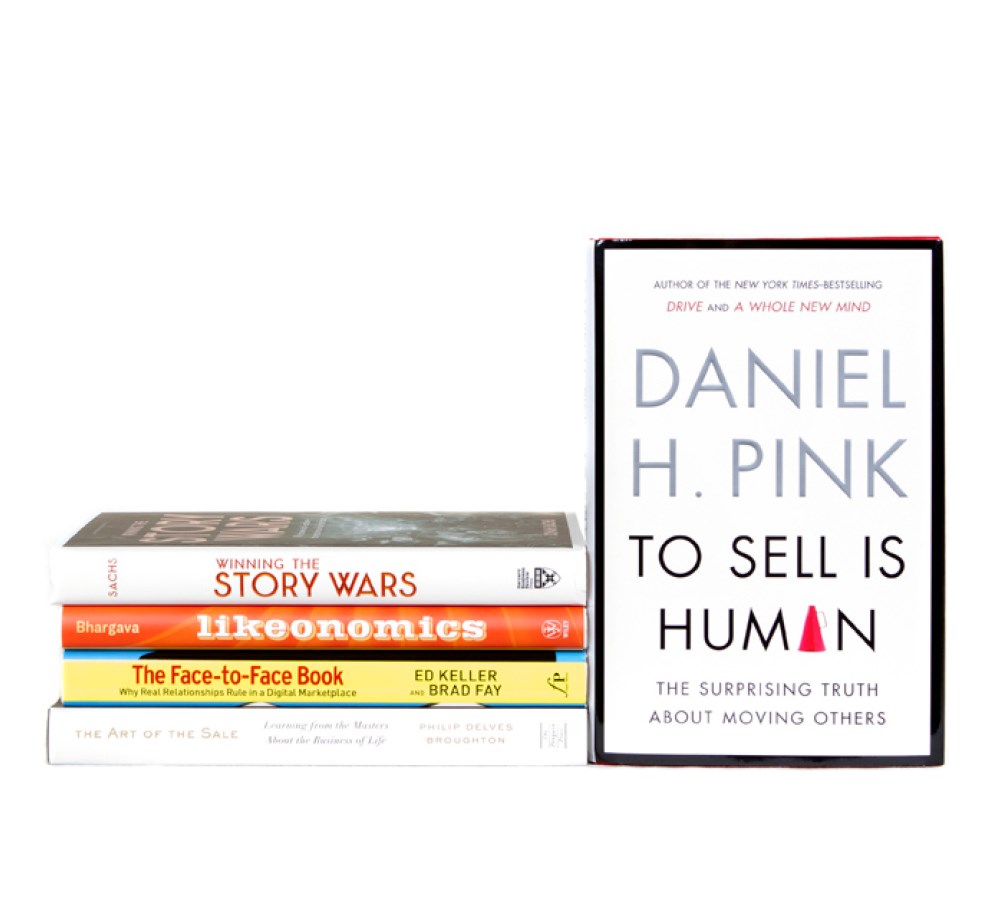
Category Winner
Marketing & Sales
Unlabel: Selling You Without Selling Out by Marc Ecko | Touchstone Books
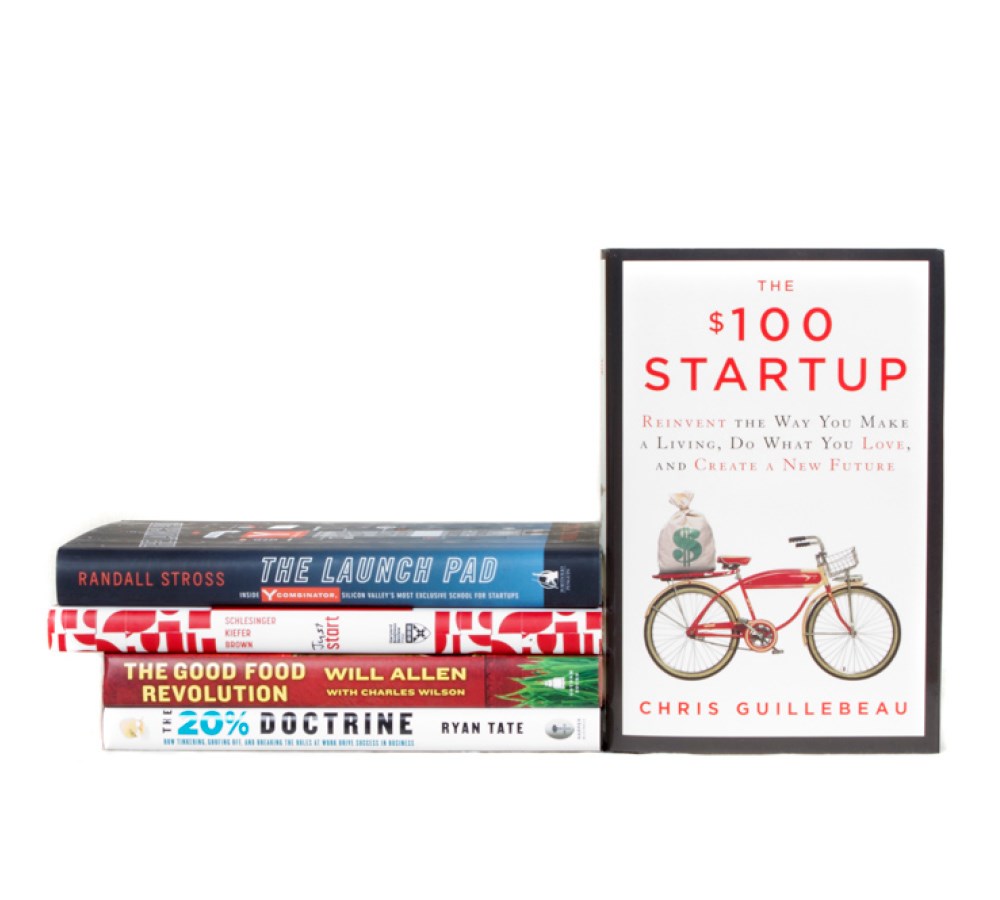
Category Winner
Entrepreneurship & Small Business
The $100 Startup: Reinvent the Way You Make a Living, Do What You Love, and Create a New Future by Chris Guillebeau | Crown Business
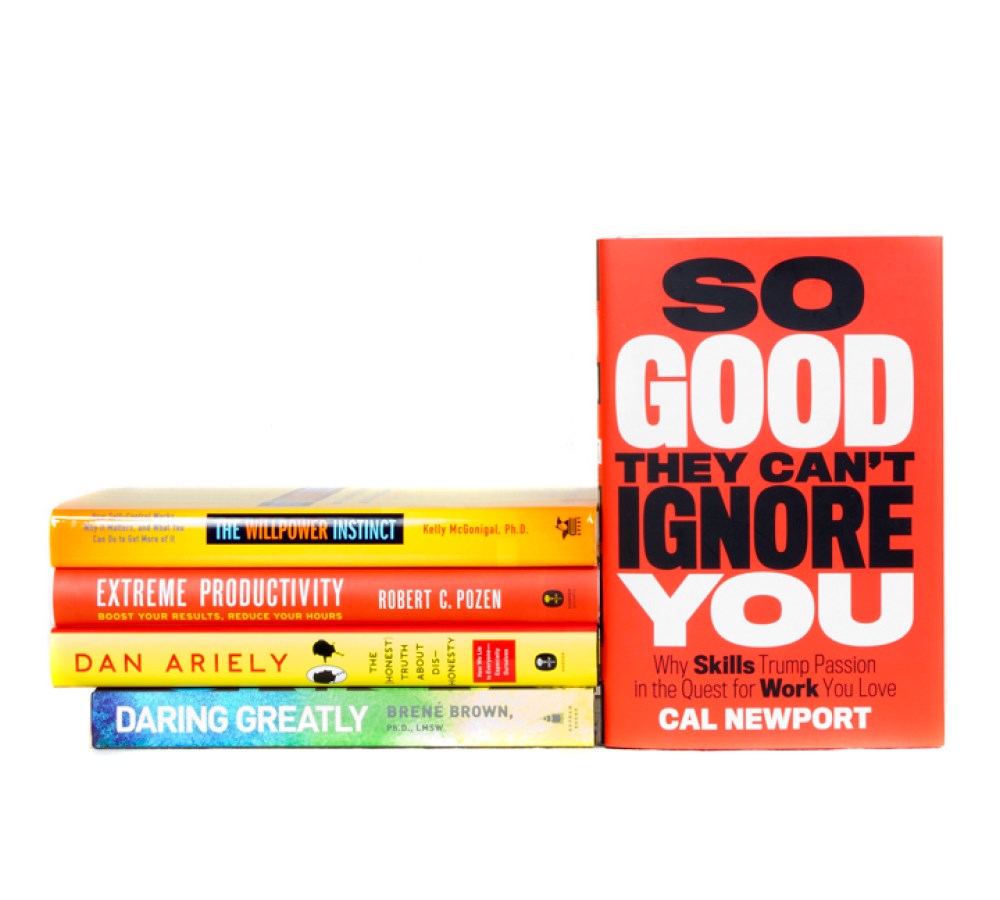
Category Winner
Personal Development
So Good They Can't Ignore You: Why Skills Trump Passion in the Quest for Work You Love by Cal Newport | Business Plus
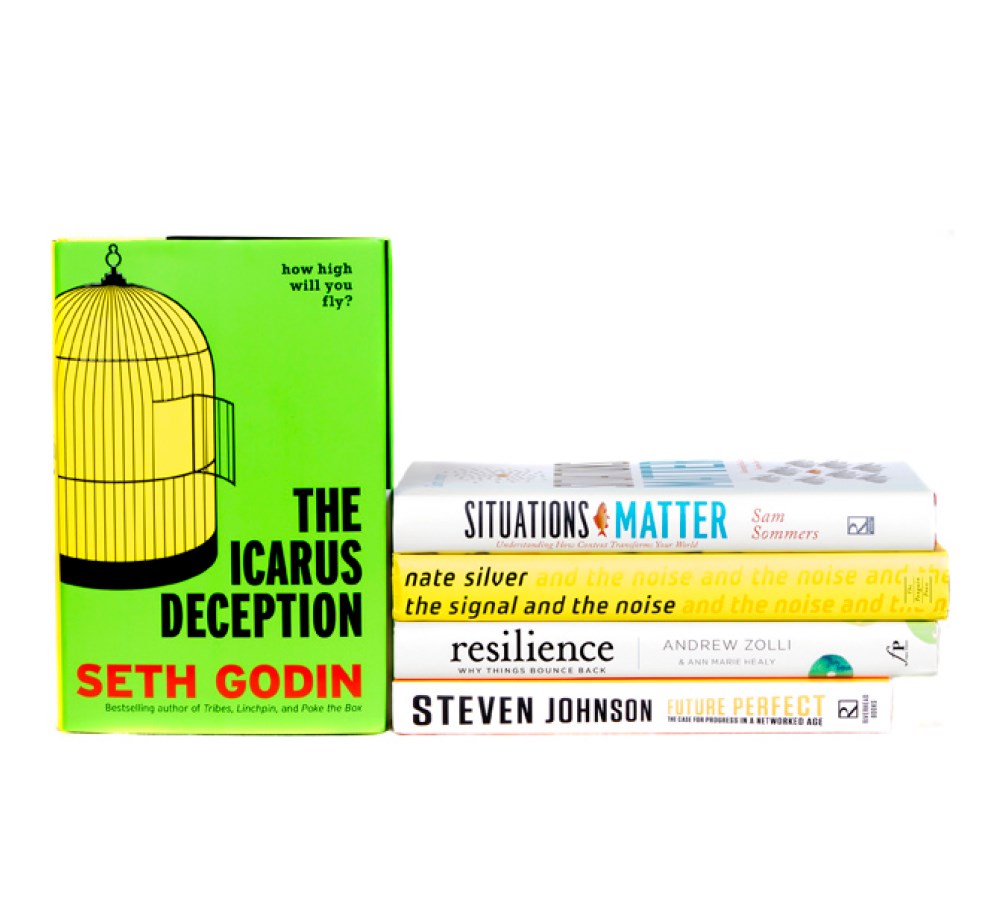
Category Winner
Innovation & Creativity
The Icarus Deception: How High Will You Fly? by Seth Godin | Portfolio
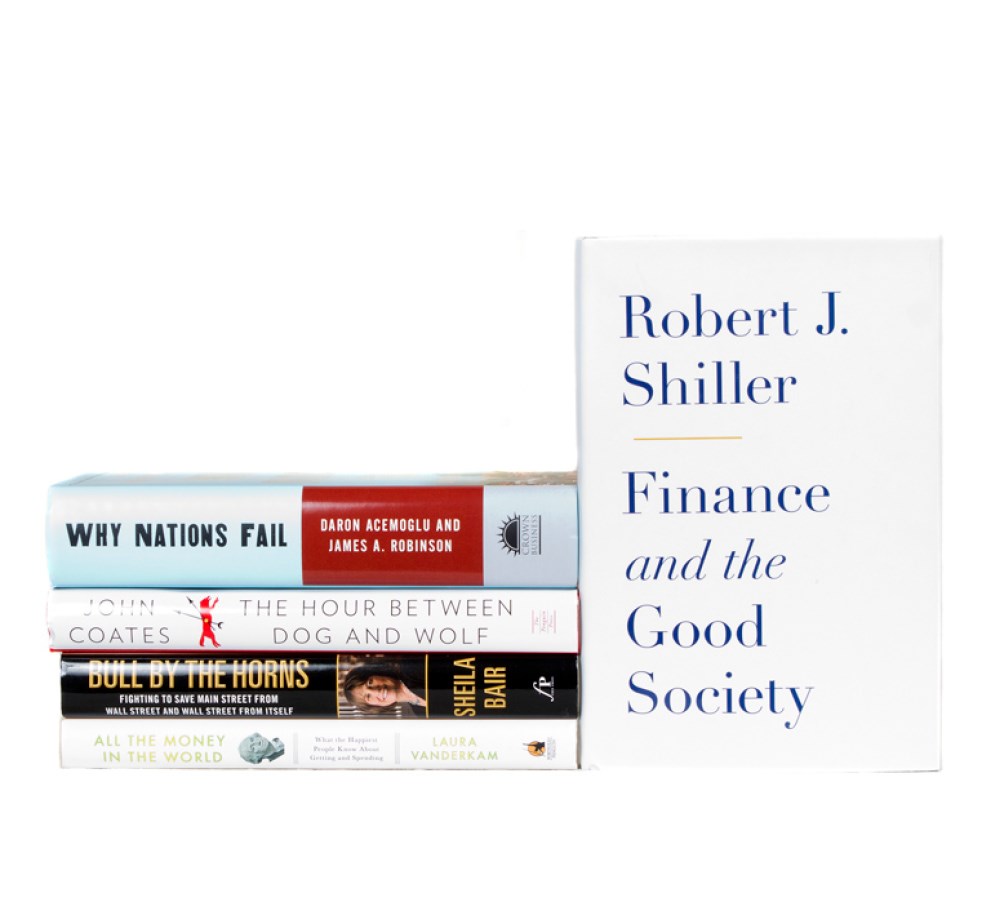
Category Winner





























